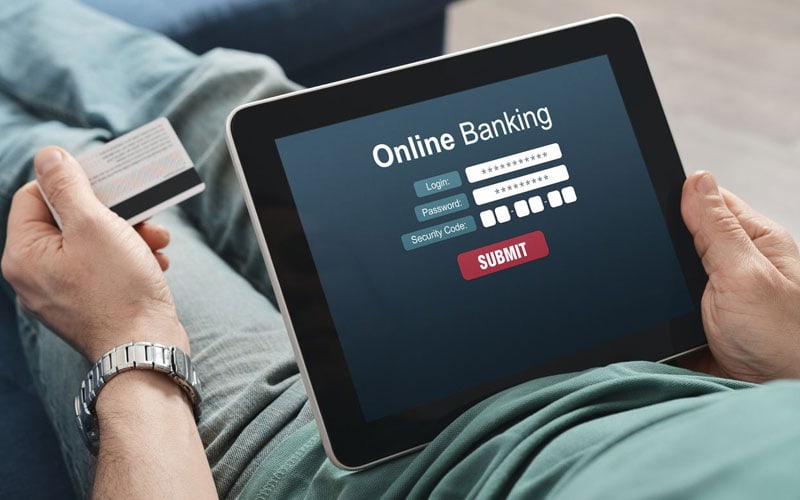
Online banking makes it easy for clients to subscribe to a service, pay the bills, transfer money quickly, and check their balances in the comfort of their homes. Internet banking allows us to handle our finances efficiently, and proper precaution is necessary to minimize the chances of falling prey to an online scam.
Advantages of Online Banking Security
Create a Strong Password
According to Kevin Cohee, a strong password is crucial to enhancing the security of your online banking account, but most people often overlook it. If you have different accounts, you must create different passwords to safeguard them in the event the password of one is compromised. Experts recommend non-dictionary words, special characters, numbers, and a mix of the lower and upper case when creating a strong password. You must update your passwords regularly to ensure your accounts remain safe.
Refrain From Using Public Wi-Fi When Banking Online
Kevin Cohee says you must assume that another individual can access your password and browser history when using public Wi-Fi. Therefore, if you are doing something that necessitates you to log in to your account, you may be subjecting yourself to risk. Public Wi-Fi has multiple security loopholes, and anyone can see your activity. You must also refrain from using public computers when logging in to your bank account, but if you need to use a shared computer, you must clear your cache and delete browser history. Avoid saving your bank account password when using a public computer.
Enable Multi-Factor Authentication
You can minimize the possibility of identity theft and related complications with an additional layer of security referred to as multi-factor authentication. Most banks offer their clients a two-factor authentication that requires them to enter their login name, password, and a second security test. You may, for instance, need to enter a code that verifies your account via an automated phone call, identify the image, or use biometric verification. It makes it hard for an identity thief or hacker to access your account even if they access your online banking password. Request to know whether the two-factor authentication is an option for your credit union or bank and learn how you can enable it.
Sign Up for Banking Alerts
Banking alerts are crucial as they inform you of various actions in your account. You receive instant notification of any suspicious or fraudulent activity. You can receive text or email alerts for password changes, failed login attempts, new debt and credit transactions, high or low balances, and personal information updates. You must contact your credit union or bank if you get alerts on suspicious and fraudulent activity and change your online banking passwords.
Use Trustworthy Financial Apps
Financial apps such as mobile banking help you pay bills, bank and send money. If you want to use the bank’s mobile app, ensure it is the official one. You can download the app from the website of your online bank or Google Play and App Store. Check whether the app is legit by reading reviews and checking developer details. Before downloading the app, assess its ratings, security policies, and past data breaches.
Online banking offers control and convenience over your financial life. Be proactive to mitigate risks and protect your banking information.







